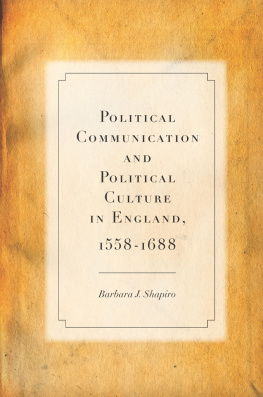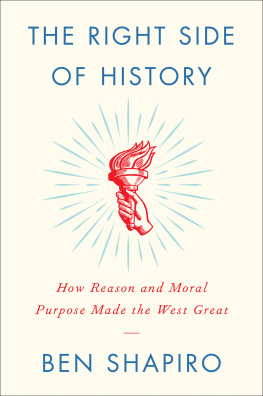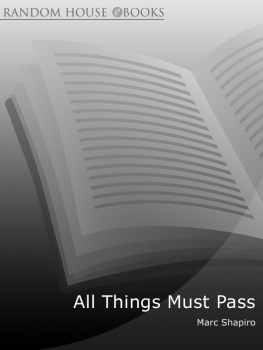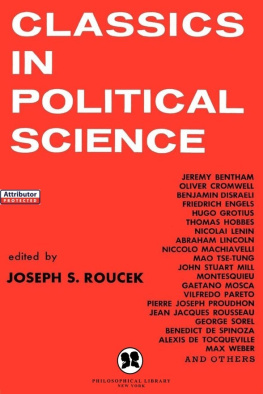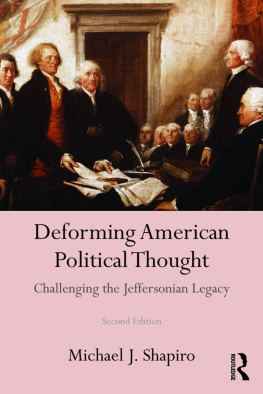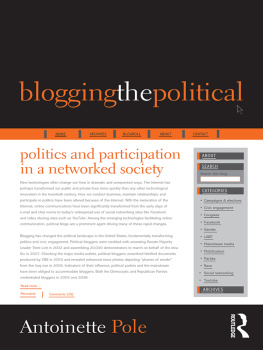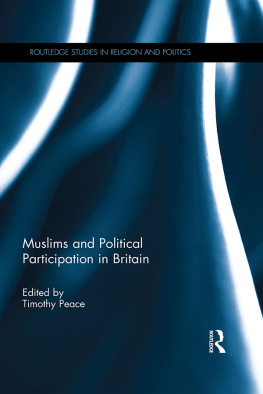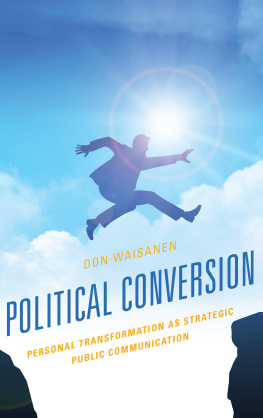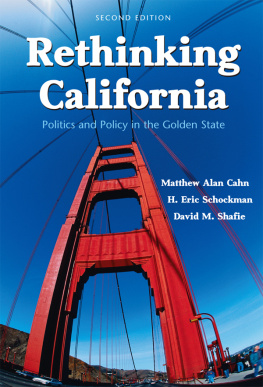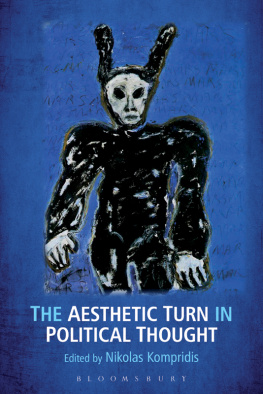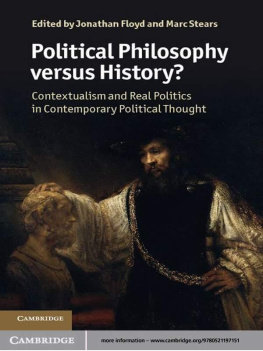Shapiro - Political Communication and Political Culture in England, 1558-1688
Here you can read online Shapiro - Political Communication and Political Culture in England, 1558-1688 full text of the book (entire story) in english for free. Download pdf and epub, get meaning, cover and reviews about this ebook. City: Stanford;California;England, year: 2012, publisher: Stanford University Press, genre: Politics. Description of the work, (preface) as well as reviews are available. Best literature library LitArk.com created for fans of good reading and offers a wide selection of genres:
Romance novel
Science fiction
Adventure
Detective
Science
History
Home and family
Prose
Art
Politics
Computer
Non-fiction
Religion
Business
Children
Humor
Choose a favorite category and find really read worthwhile books. Enjoy immersion in the world of imagination, feel the emotions of the characters or learn something new for yourself, make an fascinating discovery.
Political Communication and Political Culture in England, 1558-1688: summary, description and annotation
We offer to read an annotation, description, summary or preface (depends on what the author of the book "Political Communication and Political Culture in England, 1558-1688" wrote himself). If you haven't found the necessary information about the book — write in the comments, we will try to find it.
Political Communication and Political Culture in England, 1558-1688 — read online for free the complete book (whole text) full work
Below is the text of the book, divided by pages. System saving the place of the last page read, allows you to conveniently read the book "Political Communication and Political Culture in England, 1558-1688" online for free, without having to search again every time where you left off. Put a bookmark, and you can go to the page where you finished reading at any time.
Font size:
Interval:
Bookmark:
Political Communication and Political Culture in England, 15581688
Barbara J. Shapiro
STANFORD UNIVERSITY PRESS
Stanford, California
Stanford University Press
Stanford, California
2012 by the Board of Trustees of the
Leland Stanford Junior University
All rights reserved
Published with the assistance of Brewton-Parker College, Mount Vernon, Georgia.
No part of this book may be reproduced or transmitted in any form or by any means, electronic or mechanical, including photocopying and recording, or in any information storage or retrieval system without the prior written permission of Stanford University Press.
Library of Congress Cataloging-in-Publication Data
Shapiro, Barbara J., author.
Political communication and political culture in England, 15581688 / Barbara J. Shapiro.
pages cm.
Includes bibliographical references and index.
ISBN 978-0-8047-8362-0 (cloth : alk. paper) ISBN 978-0-8047-8458-0 (e-book)
1. Communication in politicsEnglandHistory16th century. 2. Communication in politicsEnglandHistory17th century. 3. Political cultureEnglandHistory16th century. 4. Political cultureEnglandHistory17th century. 5. Politics and literatureEnglandHistory16th century. 6. Politics and literatureEnglandHistory17th century. I. Title.
JA85.2.G7S53 2012
306.20942'09031dc23 2012014299
Printed in the United States of America on acid-free, archival-quality paper
Typeset at Stanford University Press in 10/13 Galliard
For Martin and Nicholas
Contents
Acknowledgments
This book has been a long time in the making, and many individuals and institutions have contributed to bringing it to fruition. My interest in the history of political thought is one of long standing, going back to my undergraduate days at UCLA and my graduate studies at Harvard with C. J. Friedrich and Judith Sklar. I have had the opportunity to teach courses on early modern political and legal thought at the University of California, Berkeley, in the departments of Rhetoric, History, Political Science and Legal Studies and in the Department of Political Science at Stanford University.
I have had valuable discussions with many scholars including Victoria Kahn, Barbara Donagan, Blair Worden, Paul Sniderman, Paulina Kewes and Michael Mascuch. Brian Cowan, Fred Greenstein, Paul Raffield and Gordon Schochet read earlier versions of the manuscript and made helpful suggestions. I have been fortunate to have had several able research assistants to help me locate texts and track down missing footnotes. Among them are Steve Macias, J. T. Hoppes, Jared Greene, and Laura Carrier. I am especially grateful to Norris Pope, at the Stanford University Press, who has provided continual support for the project.
Research on the project has been supported by a Huntington Library fellowship, grants from the University of California, Berkeleys Committee on Research and the Mellon Foundation. Librarians and library staff at the Huntington Library, the William Andrews Clark Library, the University of California, Berkeley, the British Library and the Bodleian Library, Oxford, have uniformly been helpful. The University of California, Berkeley, School of Law has provided generous financial, computer and library support.
Law and Humanities has generously permitted me to use material from Political Theology and the Courts: A Survey of Assize Sermons c. 16001688, Law and Humanities 2, no. 1 (2008): 128. This material was also presented to the Early Modern England seminar at the Huntington Library. I also wish to thank Eighteenth Century Thought for permission to use Empiricism and English Political Thought 15501720, Eighteenth Century Thought 1 (2003): 335 (copyright c. 2003 AMS Press, Inc. All rights reserved). A paper on empirical political thought was presented at the American Political Science Associations meeting in 2003.
This book is dedicated to my grandson Nicholas Ridgers and to Martin Shapiro, who has been forced to read the manuscript more often and in more incarnations than anyone should be required to do. Under and beside my desk without complaint, Gracie has endured the manuscripts many revisions.
CHAPTER ONE
Introduction
Thanks first to radio and television and then the cell phone and the Internet, we live in an age preoccupied with an explosion in the reach and density of the media and their penetration into our daily, and particularly our political, lives. Other ages too experienced a multiplicity of means through which people learned about politics. This book seeks to present a panorama of the genres through which early modern English men and women learned about politically significant ideas, events and institutions. It is about the channels through which the political culture of the time and place was acquired. Only enough of the substance of the messages sent and received is presented to allow us to gain an understanding of the agendas and target audiences of the plethora of media.
Not without reason, intellectual historians pay a great deal of attention to what people thought and what people knew at various times and places. They have, however, paid far less attention to how people came to know what they knew, the written and nonwritten channels through which knowledge was acquired. There are, to be sure, many studies of literary genres, but each of those studies typically focuses on a single one. Real people, however, do not learn from any single genre. They know what they know through a melange of sources, and not only by reading and having heard about distant matters but also through seeing and participating directly in the world around them. The English public received political ideas and values through a wide array of channels ranging from erudite treatise to scurrilous ballad. How did the English people know what they knew about the political life of their country? What means did they have of communicating their beliefs and experiences? To what extent was government successful in disseminating its ideas and monitoring and controlling public discourse? Did the kinds and quantity of political expression change when governmental control lapsed or proved ineffective? By addressing these questions this book seeks to offer a fuller view of English political culture than previously has been presented.
The treatment here differs from that of earlier studies in a number of ways. Unlike much of the work on political thought of this period, this study does not focus on the work of well-known innovative thinkers such as Hobbes, Harrington and Locke. Literary and other scholars have produced detailed studies exploring a single figure such, as a Milton or Dryden, or a single genre, often covering only a brief period of time. Examples of the latter that come to mind are those on Elizabethan or Restoration drama, sermons of the Jacobean era and civil warera news media. Some scholars have focused on separate cultures or subcultures within the larger political sphere. There have been numerous studies of court culture, which is to be distinguished from the larger culture particularly by its aesthetic forms. Royal entertainments, courtly behavior and language and court masques figure large in this approach. This subculture was less likely than others to turn to print. Personal sociability and manuscript circulation were typical of its communicative structure. Thus far there has been greater attention to the precivil war court than to court life of the Restoration era, perhaps because of its greater informality, and the fact that it was less cut off from the world of polite society and commerce than its predecessor. The civic culture of towns is another subculture, the study of which gives special emphasis to the rituals of civic governments. There have also been studies of coffee house culture, an institution to which Jrgen Habermas gave particular attention in connection with the concept of a public sphere. Here we look at the whole spectrum of available venues and genres in which political ideas were expressed and through which the English people received and contributed to their general political culture from the reign of Elizabeth to just prior to the transformation of 1688.
Next pageFont size:
Interval:
Bookmark:
Similar books «Political Communication and Political Culture in England, 1558-1688»
Look at similar books to Political Communication and Political Culture in England, 1558-1688. We have selected literature similar in name and meaning in the hope of providing readers with more options to find new, interesting, not yet read works.
Discussion, reviews of the book Political Communication and Political Culture in England, 1558-1688 and just readers' own opinions. Leave your comments, write what you think about the work, its meaning or the main characters. Specify what exactly you liked and what you didn't like, and why you think so.

